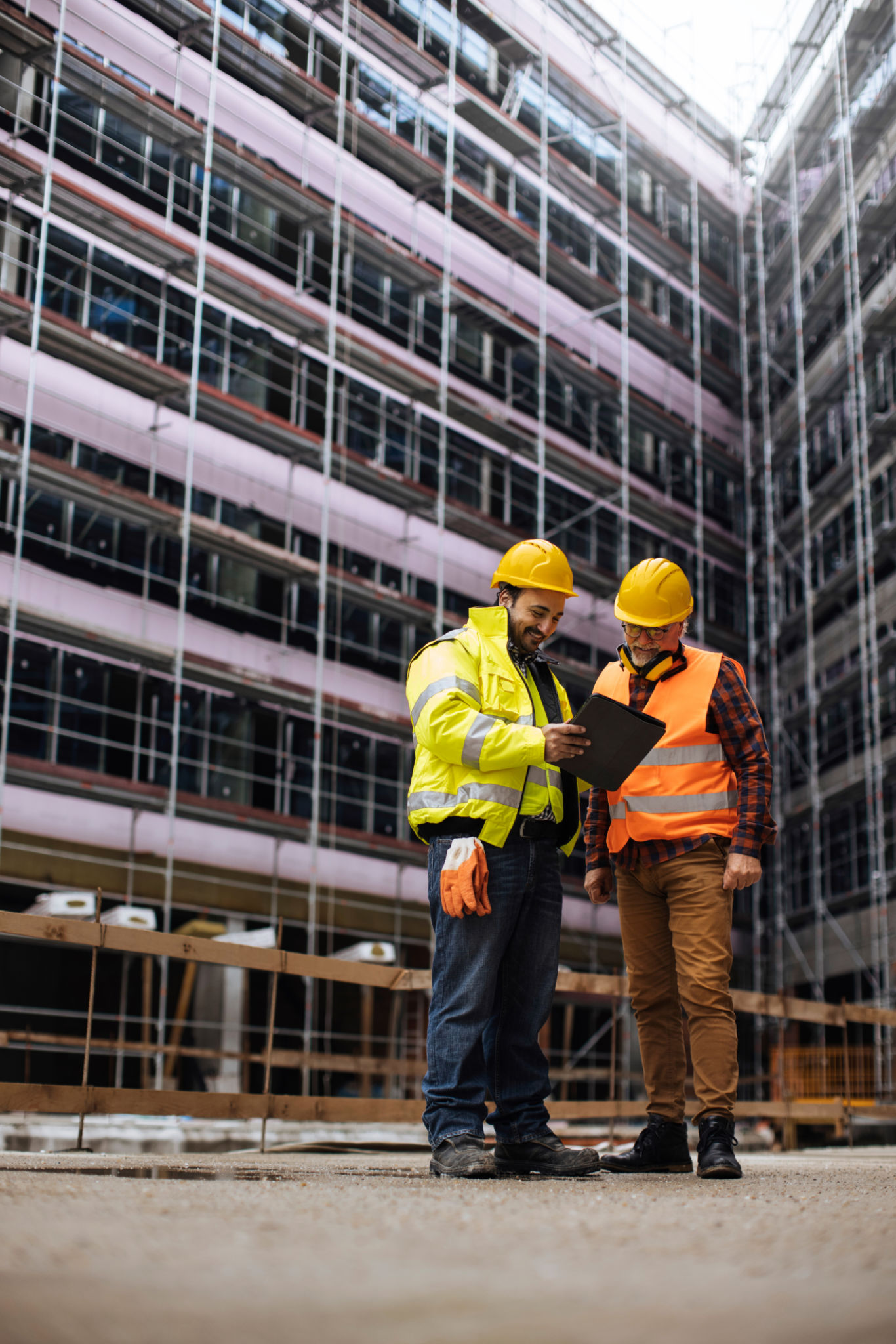Top 5 Advantages of Using Concrete in Modern Construction
Durability and Longevity
One of the primary advantages of using concrete in modern construction is its exceptional durability and longevity. Concrete structures can withstand extreme weather conditions, from intense heat to freezing cold, without compromising their integrity. This resilience makes concrete an ideal choice for both residential and commercial buildings that need to stand the test of time.
The ability of concrete to last for decades with minimal maintenance contributes significantly to its popularity in construction. Unlike other materials that may need frequent repairs or replacements, concrete offers a low-maintenance solution, saving both time and money for builders and property owners.

Energy Efficiency
Concrete plays a crucial role in enhancing the energy efficiency of buildings. Its thermal mass properties allow it to absorb and store heat during the day and release it slowly at night, helping to regulate indoor temperatures naturally. This reduces the need for artificial heating and cooling systems, leading to lower energy consumption and reduced utility bills.
Moreover, concrete's ability to improve energy efficiency aligns with growing environmental concerns. By reducing reliance on energy-intensive climate control systems, concrete structures contribute to a more sustainable and environmentally friendly construction approach.

Versatility in Design
Another significant advantage of concrete is its versatility in design. Architects and builders appreciate the flexibility that concrete offers in shaping unique and innovative structures. Whether it's poured into intricate molds for decorative elements or used in large slabs for minimalist designs, concrete can be molded to meet a variety of aesthetic and functional requirements.
This versatility extends beyond just structural design. Concrete can also be colored, polished, or textured to create visually appealing surfaces that enhance the overall aesthetic of a building. Its adaptability makes it a preferred material for creative and cutting-edge architectural projects.

Fire Resistance
Safety is a paramount concern in construction, and concrete's inherent fire-resistant properties make it an excellent choice for enhancing building safety. Unlike other materials that may combust or deteriorate when exposed to high temperatures, concrete maintains its structural integrity during fires, offering valuable protection to occupants and property.
This fire resistance is particularly important in urban settings where buildings are in close proximity to one another. Using concrete can help prevent the spread of fire between structures, potentially saving lives and reducing property damage.
Cost-Effectiveness
Finally, concrete offers significant cost advantages in construction projects. The materials used to produce concrete are widely available and generally affordable, making it a cost-effective option for builders. Furthermore, the long lifespan and low maintenance requirements of concrete structures contribute to lower overall costs over time.
In addition to direct financial savings, the durability and energy efficiency of concrete can lead to indirect cost benefits. Reduced repair expenses and lower energy bills can accumulate over the years, making concrete an economically sound investment for both new constructions and renovations.
